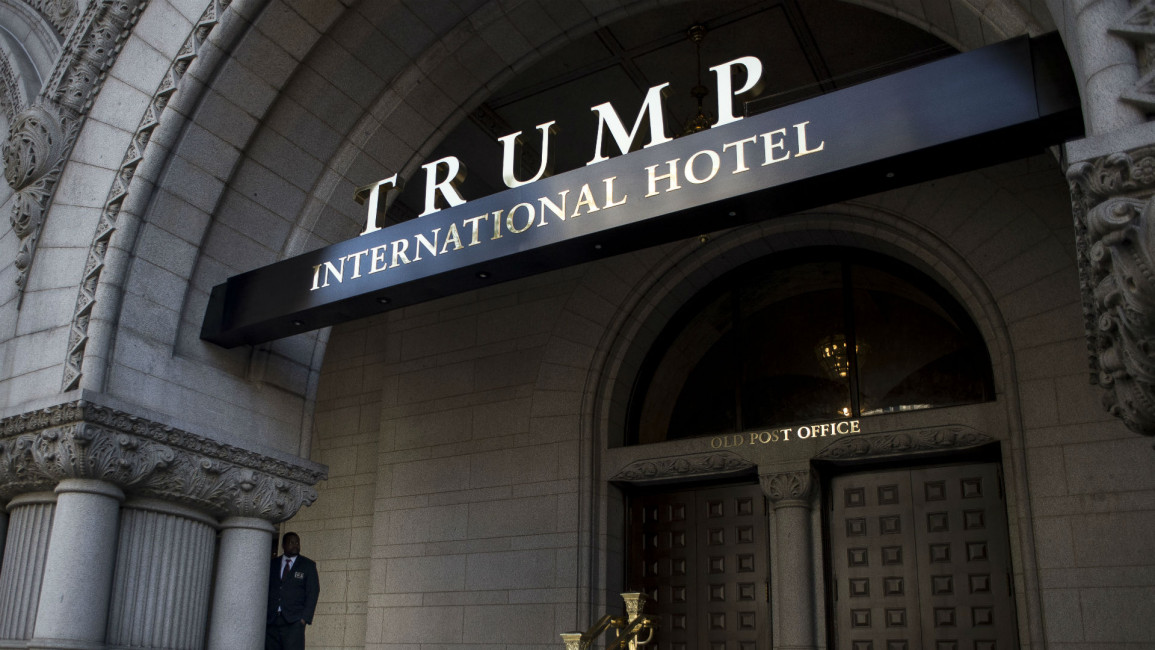Trump Hotel received $270,000 from Saudi Arabia
US President Donald Trump's flagship hotel in Washington DC received over $270,000 from a Saudi-linked lobbying firm, newly filed lobbying reports have revealed.
The revelation comes amid a sustained effort by the kingdom to overturn the US' Justice Against Sponsors of Terrorism Act (JASTA).
According to the reports, Trump International Hotel received the payments from Qorvis MSLGroup for room bookings and catering services.
The services were for dozens of US army veterans who were retained by the lobbying firm as part of a drive to influence US lawmakers.
The Daily Caller says the Trump Hotel payments are just a small part of an $8.4 million campaign against the JASTA act.
Fifteen of the 19 hijackers who partook in the plot were Saudi citizens, though the kingdom has vehemently denied the allegations.
Saudi Arabia is campaigning to ease the law's provisions.
In response to the revelations, the Trump Organisation has said in a statement that it will donate all profits from the transactions at the end of 2017.
The new disclosure could renew speculation about whether the president should be able to retain ownership of his business empire through blind trust.
Prior to taking office as president, Trump promised to donate all foreign profits from his hotels to the US treasury.
The Trump Organisation, however, has been accused of not making efforts to comprehensively identify foreign profits to its hotels.
In a document recently provided to the House Oversight Committee, the firm argued that identifying patronage by customer type is "is impractical in the service industry and putting forth a policy that requires all guests to identify themselves would impede upon personal privacy and diminish the guest experience of our brand".



![South Sudan famine [AFP] South Sudan famine [AFP]](/sites/default/files/styles/image_330x185/public/media/images/5FED4B35-6177-43AD-844A-5C63373FCF89.jpg?h=d1cb525d&itok=TC12KIPv)